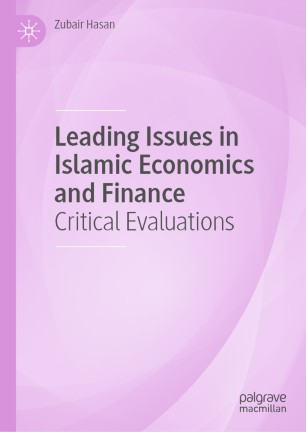

Most ebook files are in PDF format, so you can easily read them using various software such as Foxit Reader or directly on the Google Chrome browser.
Some ebook files are released by publishers in other formats such as .awz, .mobi, .epub, .fb2, etc. You may need to install specific software to read these formats on mobile/PC, such as Calibre.
Please read the tutorial at this link: https://ebookbell.com/faq
We offer FREE conversion to the popular formats you request; however, this may take some time. Therefore, right after payment, please email us, and we will try to provide the service as quickly as possible.
For some exceptional file formats or broken links (if any), please refrain from opening any disputes. Instead, email us first, and we will try to assist within a maximum of 6 hours.
EbookBell Team

4.0
56 reviewsThe book discusses leading issues in Islamic economics and finance that continue to remain in a fluid, non-consensual state in the profession. It examines the nature and significance of Islamic economics. The book deals with the mainstream topics including growth, environment, distributive justice, monetary policy, risk treatment, methodology and Basel Accords to rehabilitate them for the Islamic discipline within the framework of scarcity, self-interest and gain maximization. Further, it explores the role of the state in directing the economy toward achieving Islamic goals of development and welfare.